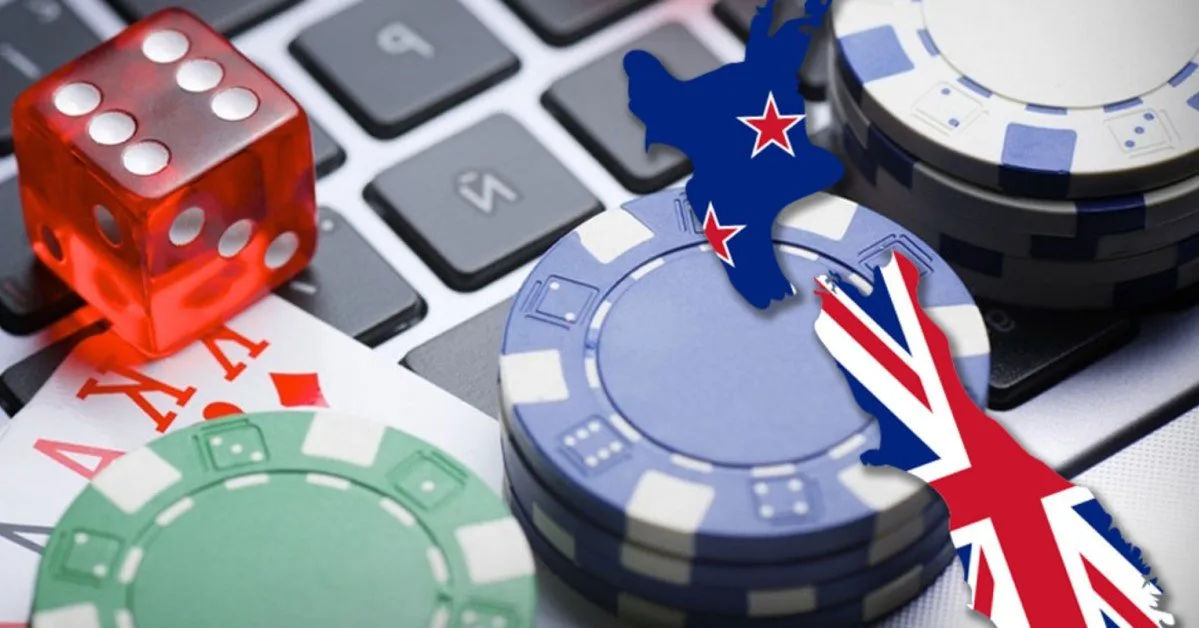
New Zealand is taking a significant step towards regulating its online gambling market with the introduction of the Online Casino Gambling Bill, tabled in Parliament on 30 June 2025 by Internal Affairs Minister Brooke van Velden. The Bill proposes a framework to auction up to 15 online casino licenses, marking the country's first foray into officially regulated online casino gaming. Van Velden explained the government’s rationale: “My goal is not to increase online gambling—it’s to enable Kiwis to play casino games more safely than they can today”.
Recapturing Offshore Spending and Boosting Revenue
Currently, New Zealanders spend an estimated NZ$300–800 million annually on offshore online casinos. This bill aims to recapture these funds through a structured licensing regime while protecting consumers through strict regulations. Under the proposed legislation, licenses will be auctioned to qualified operators, with each company allowed a maximum of three licenses. The auction is expected to commence in February 2026, and licensed online casinos are anticipated to go live by April 2026.

Harm Minimisation Measures and Consumer Protection
The Bill includes comprehensive harm minimisation measures. Operators will be required to implement stringent age verification protocols to ensure no one under 18 accesses online casino games, with individuals found gambling underage facing fines of up to NZ$10,000. Furthermore, online casinos must integrate self-exclusion tools, deposit and time limits, and visible player information to promote responsible gambling practices. Advertising will also be tightly regulated, with no direct marketing allowed to minors, and all promotional activities must adhere to pre-approved guidelines.
Minister van Velden emphasised the social responsibility underpinning the bill: “We are putting robust consumer safeguards in place, while recapturing lost tax revenue for harm prevention programs and essential services.” Licensed operators will pay a 12% online casino duty, 15% GST, and a harm minimisation levy of approximately 1.3% of revenue, with proceeds channelled into gambling addiction prevention and education programs. An additional NZ$81 million has been allocated to bolster gambling harm reduction initiatives over the next four years.

Strong Enforcement and Extra-Territorial Jurisdiction
Significantly, the bill grants extra-territorial enforcement powers to regulators, meaning that offshore operators targeting New Zealanders without a license could face civil penalties of up to NZ$5 million, while individuals in breach of operational regulations risk fines up to NZ$300,000 or criminal liability in severe cases. The Department of Internal Affairs will maintain a public register of licensed operators and will have authority to issue takedown notices against unlicensed sites.
Public Concerns and Māori Community Safeguards
However, community groups and iwi Māori have raised concerns about potential harm, given the disproportionately higher rates of gambling-related issues among Māori populations. In response, the government has indicated it will engage extensively during the Select Committee stage, which will invite public submissions in late 2025 before Royal Assent is granted. Van Velden reassured stakeholders, stating: “We will continue to consult with communities to ensure the regulations protect vulnerable groups while achieving the intended policy outcomes.”
Aligning with International Best Practices
If passed, the Online Casino Gambling Bill will bring New Zealand in line with international best practices in online gambling regulation. It balances economic opportunity with public health considerations, reflecting a model similar to those in Denmark and Ontario, Canada. As the world watches New Zealand’s regulatory journey, it remains clear that the nation is betting on structured, safer gaming rather than an unregulated status quo.

 Content Writer: Janice Chew • Tuesday, 25/07/2025 - 15:05:03 - PM
Content Writer: Janice Chew • Tuesday, 25/07/2025 - 15:05:03 - PM
